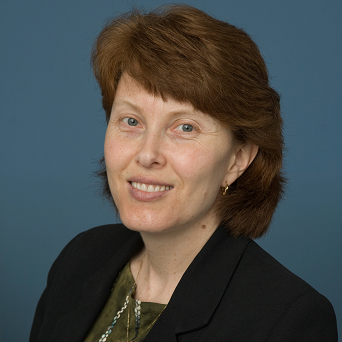 A/Prof Joanne Jamie , Department of Molecular Sciences, Faculty of Science and Engineering, Macquarie University
A/Prof Joanne Jamie , Department of Molecular Sciences, Faculty of Science and Engineering, Macquarie University
Presenting:
Bush Medicines to Pharmaceuticals - connections to curriculum (sustainability) K-12 - Wednesday, 16 September 2020
Organic Chemistry for Beginners - Monday, 21 September 2020
Associate Professor Joanne Jamie is a bioorganic, natural products and medicinal chemistry academic in the Department of Molecular Sciences at Macquarie University. She has over 25 years of experience in teaching organic chemistry at tertiary level. She also has a wealth of experience of working with teachers and school students to increase engagement in STEM. Her approach to chemistry teaching has led to various awards, including a Vice-Chancellor’s Teaching Excellence Award, the Royal Australian Chemical Institute (RACI) Centenary of Federation Teaching Award in Chemistry, Tertiary, and the RACI NSW Branch President’s Award for “Contribution in Chemical Education and the Broader Chemical Community” In 2019, Joanne was recipient of the inaugural Australian Museum Eureka Prize for STEM Inclusion, including with Yaegl Elders. For her broader work with Australian Aboriginal people, including with the Yaegl Elders, in which they have co-authored five journal articles, developed a bush medicine handbook for use in education and cultural tourism, and facilitated a national award winning River of Learning cultural immersion program. Joanne received the 2019 Macquarie University Reconciliation Award, and a 2019 Royal Australian Chemical Institute (RACI) Citation Award.